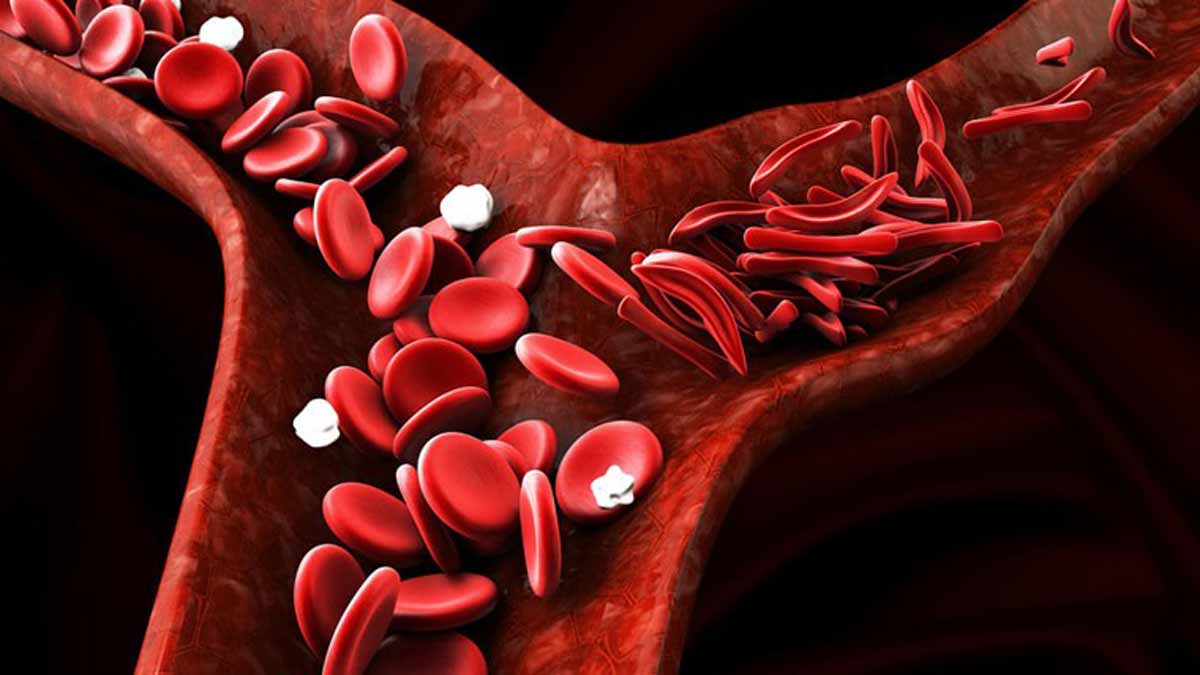Low-cost DNA sickle cell screening to enable early intervention in Jharkhand's tribal region
 Representative Image
Representative Image
A public health initiative was launched by the country’s premier research body, CSIR-CCMB to effectively combat sickle cell anaemia in Jharkhand.
A large-scale screening for sickle cell anaemia will be rolled out using an advanced low-cost molecular test developed by Hyderabad-based CSIR-CCMB. The project will be carried out in collaboration with Tata Steel Foundation and the National Health Mission (NHM). An announcement in this regard was made on Friday in Hyderabad.
The pilot phase will begin in the Kolhan region covering East Singhbhum, West Singhbhum and Seraikela-Kharsawan districts. It is expected to generate realistic data on the spread of the disease in the tribal belt.
What’s the test based on?
CSIR-CCMB’s test is based on a dried blood spot method that requires a drop of blood on a special card. It eliminates the need for complex lab setups making mass testing easier and cheaper. The test, developed under the leadership of CCMB senior scientist Dr Giriraj Ratan Chandak, has already been successfully used in states like Chhattisgarh and Maharashtra and has received validation from ICMR for its accuracy.
Compared to traditional solubility-based screening and expensive HPLC confirmation, this method offers quick results and can also detect both patients and carriers.
The test is seen as an ideal one for early intervention and genetic counselling. As part of the initiative, field health workers and local functionaries will be trained to support the screening process. A central hub for testing will also be set up to manage logistics and sample analysis.
The collaboration is part of the National Sickle Cell Anaemia Elimination Mission launched by the Centre in 2023 which set a goal to screen 7 crore people in high-risk states by 2047. Officials involved in the project hope that the Jharkhand model will become a benchmark for high-impact testing and prevention in other states too.
Health